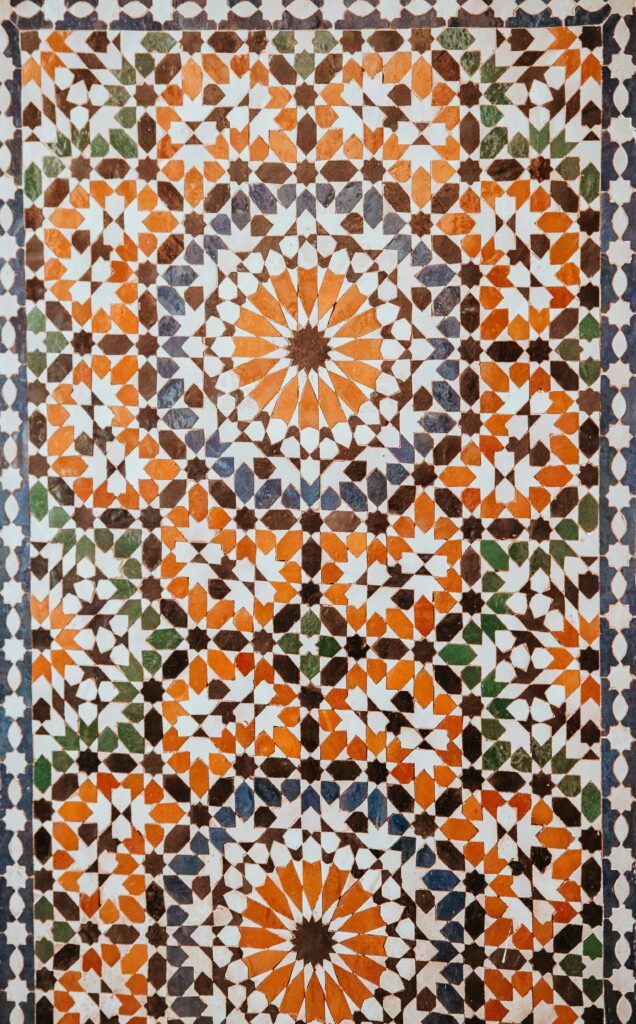
I recently read The Cross and Lynching Tree by James Cone. Cone was one of the first and most respected Black Liberation Theologians who emerged in the 1960s and 1970s, arguing that the dominant Christian theology denied the experiences of minorities and had nothing to offer marginalized peoples.
The Cross and the Lynching Tree was Cone’s final book before his death. He pointed out the similarities between Jesus’ crucifixion and the experiences of Black Americans who were lynched in this country. He also expressed shock that so few theologians, Black or White, could see the similarities. When he laid out the parallels, I was shocked too that I had never seen them, nor heard about them in my 50 plus years of attending church.
The experience was a little surreal, and it reminded me that cultures and groups can have blind spots in the same way that individuals can have them. We simply cannot see everything from other people’s perspectives. We end up assuming that we are right, or that there is one proper way of doing things, without seeing the harm we do to others.
Reading Cone’s book helped me think through one of the differences between Canada and the United States. As a Canadian living here, I have been struck by the contrast between the ways the two countries describe themselves. The U.S. is a melting pot, where each person contributes to the overall flavor of the country, but ultimately ends up being similar to all other Americans. By contract, Canada describes itself as a mosaic, where each individual maintains their unique identity, but all the identities together create the country. Each paradigm has its strengths, but after reading The Cross and the Switchblade, I realized that the mosaic model offers a better defense against blind spots. By ensuring that each group, no matter how small, has a place, each group should be protected from marginalization and discrimination.
That’s the theory at least. In practice, Canada has as much discrimination and marginalization in its history as anywhere else. Even in a mosaic, some pieces get more attention that others. And even in a country dedicated to honoring all cultures, some cultures get degraded.
I wish I had a solution. The best I’ve come up with so far is to keep reading books like The Cross and the Lynching Tree, which shows me the things I’ve never noticed and am too foolish to grasp on my own.
It reminds me of a speech given by Jim Nelson (played by Michael Palin) in the British mini-series “GBH”:
“That’s the problem with you boys, isn’t it. You read one book and thought, ‘That’s it. That’s enough for me. I know about the world now.’ Why not read two books? Read three. Get a rounded view of the earth instead of the flat earth version. You might come to the same conclusions as before, but is there anything wrong with knowing more?”
by Marti Maltby, Director Peace House Community – A Place to Belong
Moroccan Tile Mosaic by Annie Spratt
This article originally appeared in “The Alley,” the newspaper for the Phillips neighborhood of Minneapolis.
